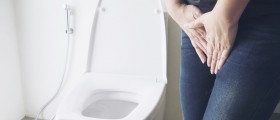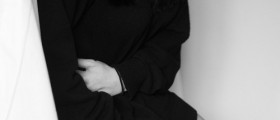
Nocturnal enuresis is a medical condition which is characterized as the involuntary urination during the sleep. It occurs in 2 percent of adults, and it manifests as a complete lack of control of urination during the sleep. It can easily be confused with nocturia or waking several times during the night in order to urinate. It is important to point out that there are various different types of enuresis.
The most common one is known as persistent primary nocturnal enuresis and it usually occurs during childhood. Another common type of this medical condition is the one known as adult onset secondary enuresis and it occurs when nighttime dryness gets achieved in some point of life.
Nocturnal enuresis is a medical condition with a rather long history as it is known that it has affected people for numerous centuries now. The aforementioned adult type of nocturnal enuresis is the one which has not been researched extensively mainly due to the fact that the majority of research has been associated with nocturnal enuresis in children.
For those who do not know, bedwetting is always unintentional and it is actually a certain type of occurrence which cannot be voluntarily controlled. The kidneys produce the urine and then it travels to the bladder through the ureters. The bladder then stores the urine until it gets released into the urethra. For those who do not know, urethra is a certain type of tube which serves a purpose of connected the bladder with the outside of the body.
When the detrusor muscle gets contracted the urine gets squeezed out of the bladder. This has to coincide with the relaxation of the urinary sphincter in order for the urination to be successful. The walls of the bladder contain nerves which are responsible for releasing acetylcholine.
This substance is the actual ingredient which is of vital importance when it comes to the stimulation of contraction of muscles. The entire aforementioned process is completely autonomic and it cannot be controlled voluntarily.
Treatment
Behavioral therapy is one of the most commonly used methods of treatment for all those who suffer from nocturnal enuresis. Monitoring of the fluid intake is very important. One should limit the intake of fluids in the evening and the late afternoon. Caffeinated and alcoholic beverages need to be avoided as much as possible.
A technique called bladder volume training can be very helpful. The same can be saif for bedwetting alarm system and various pharmacological therapies.

















Your thoughts on this
Loading...